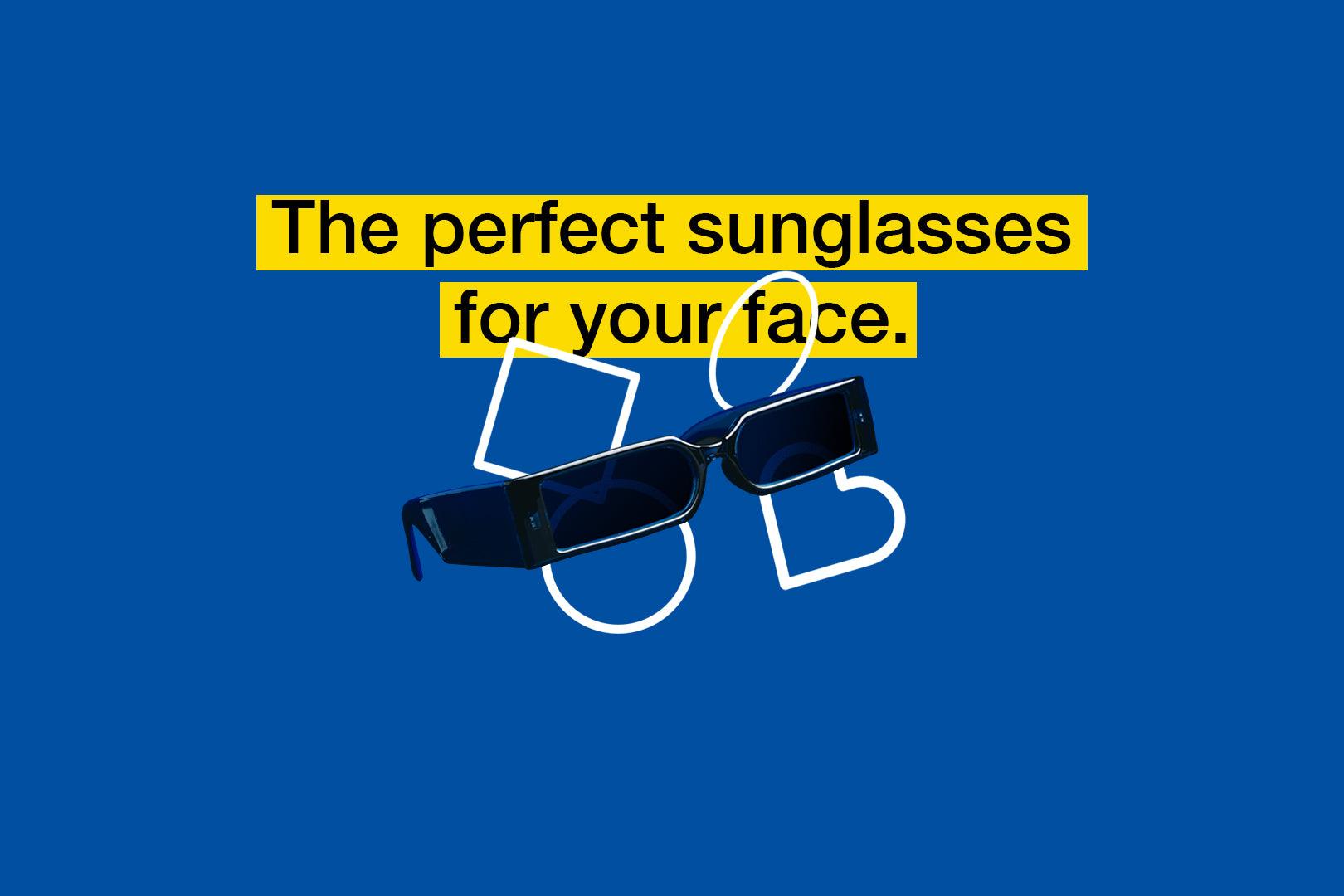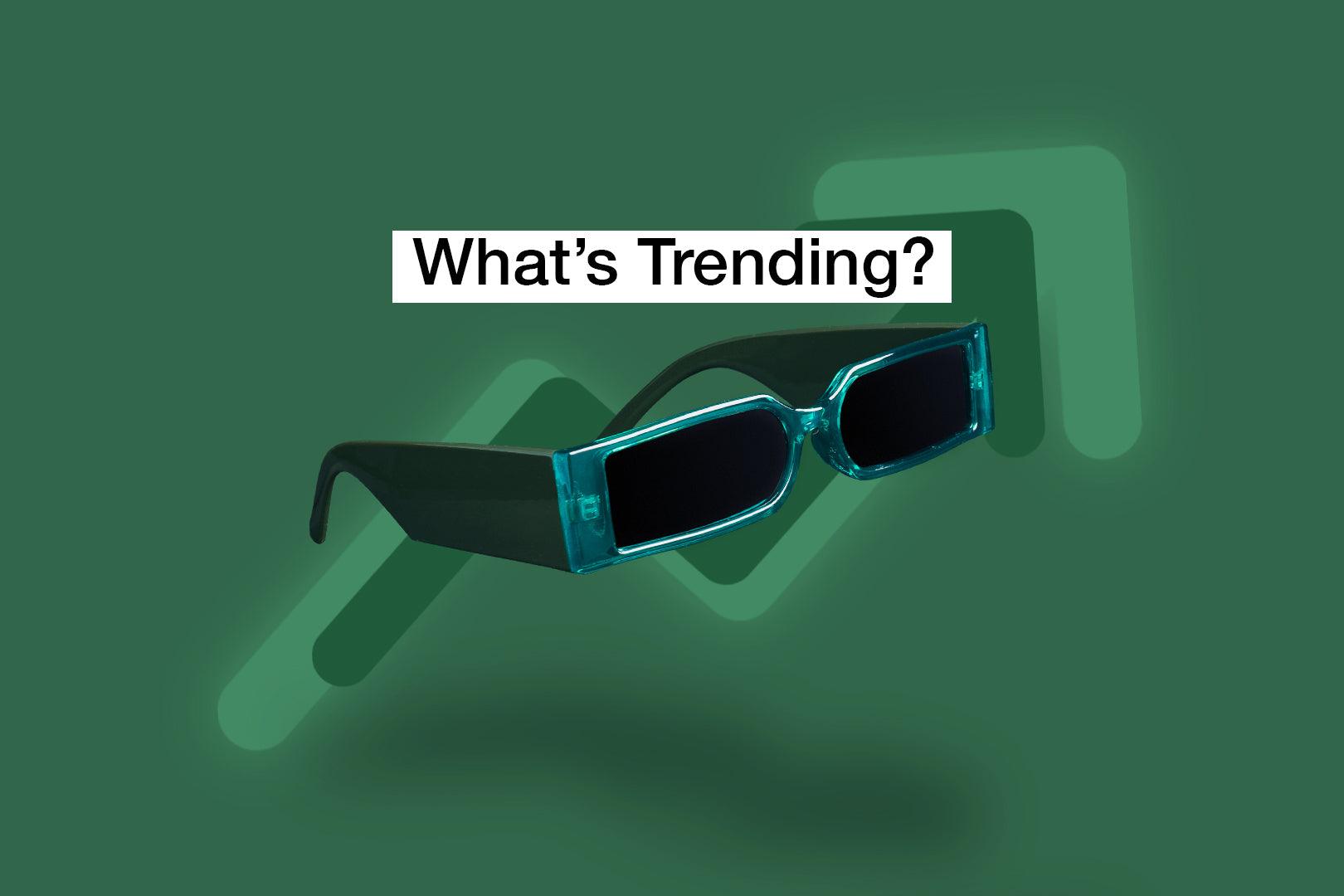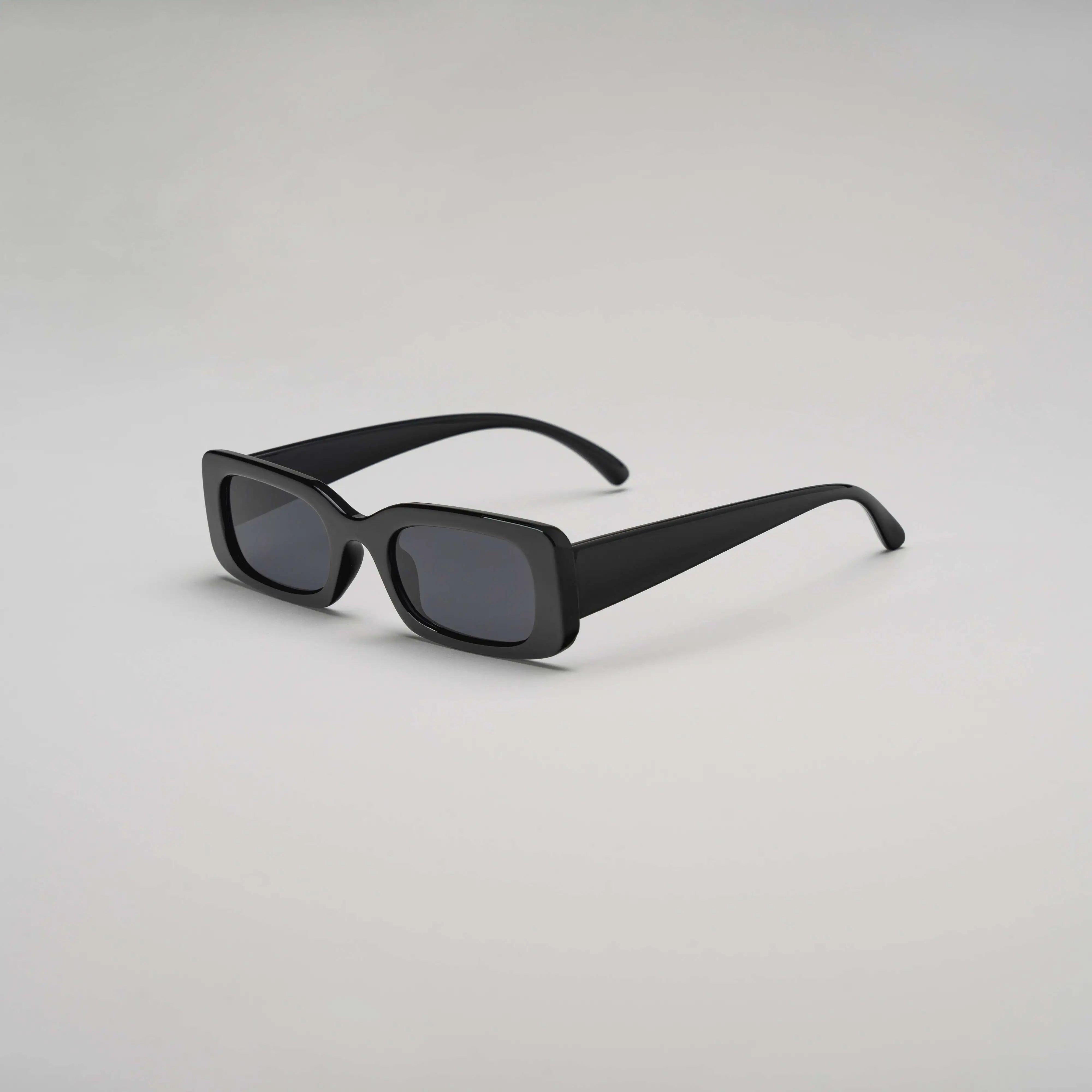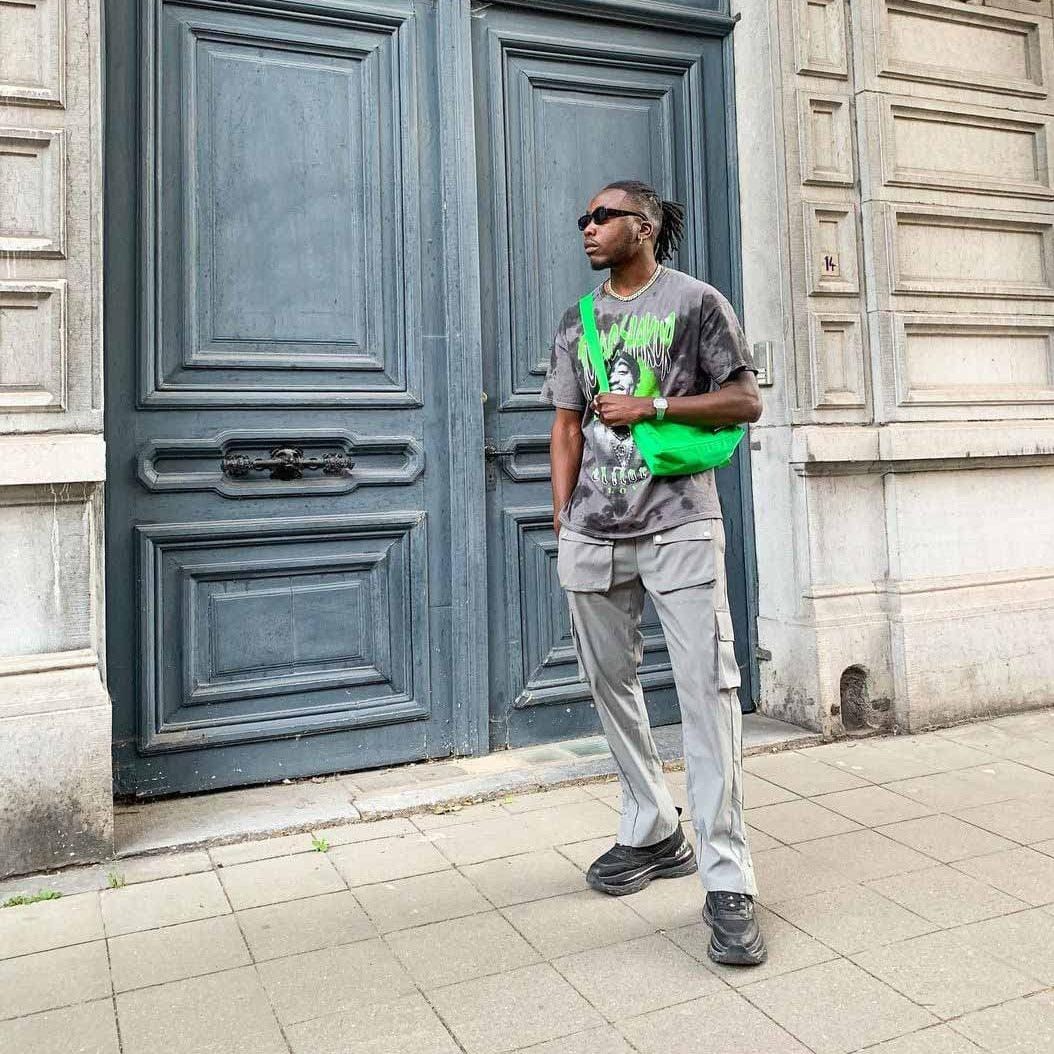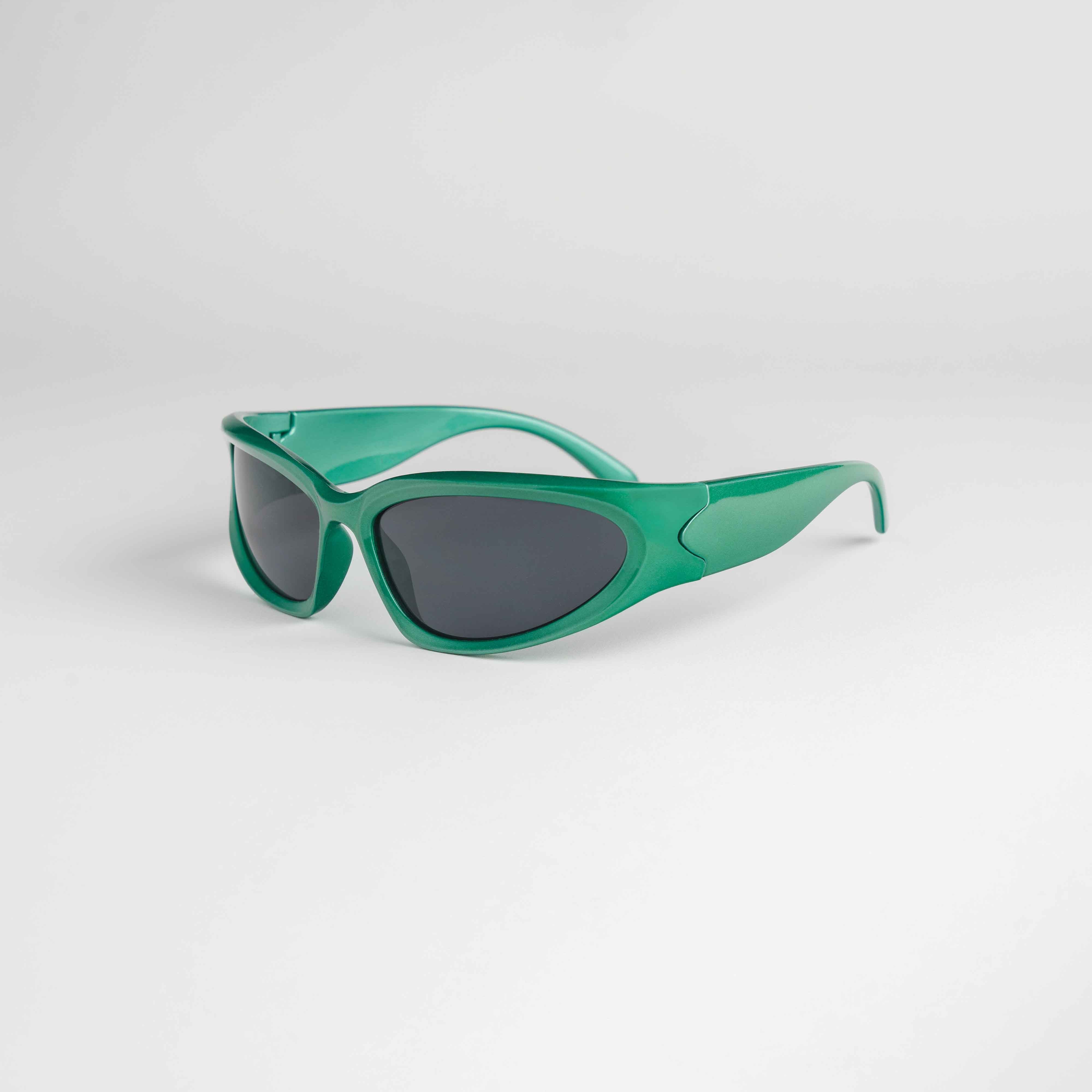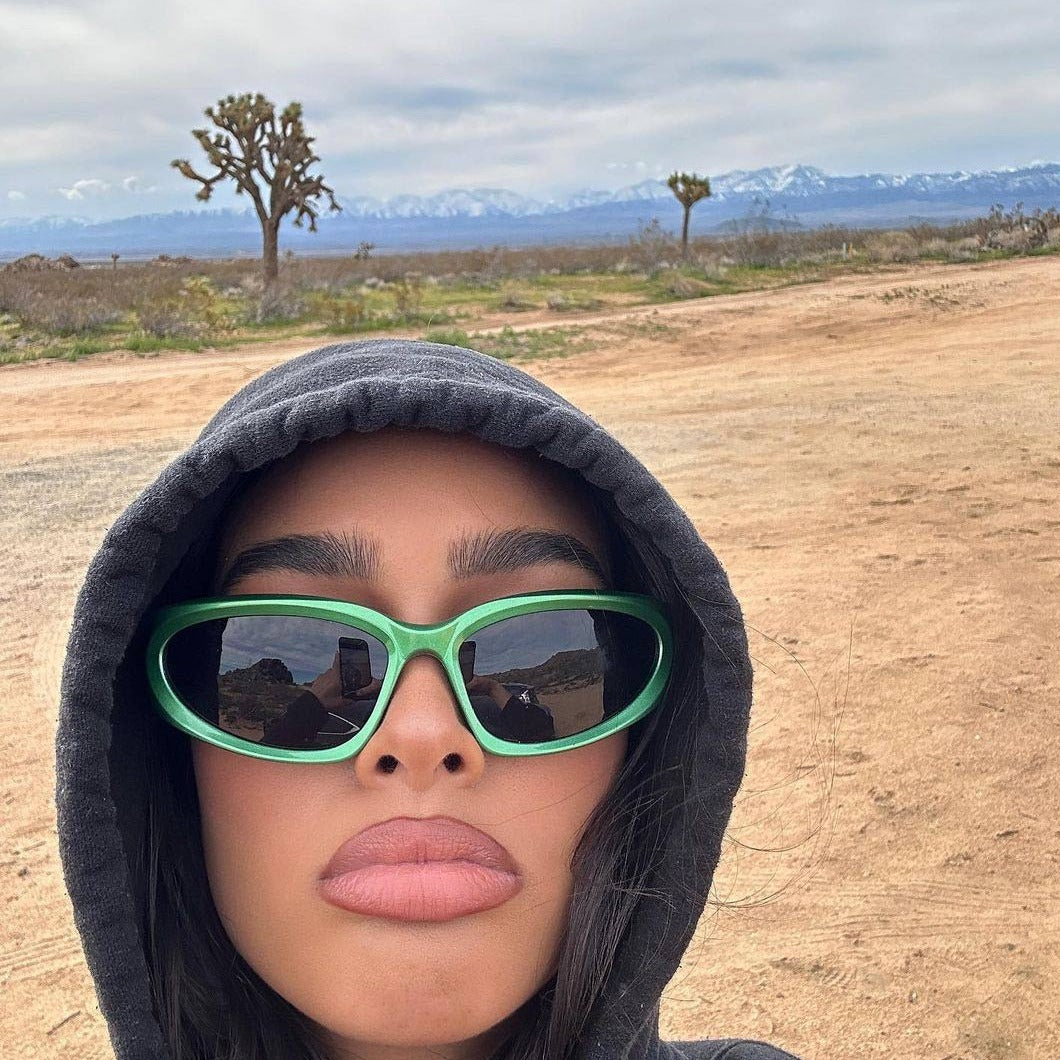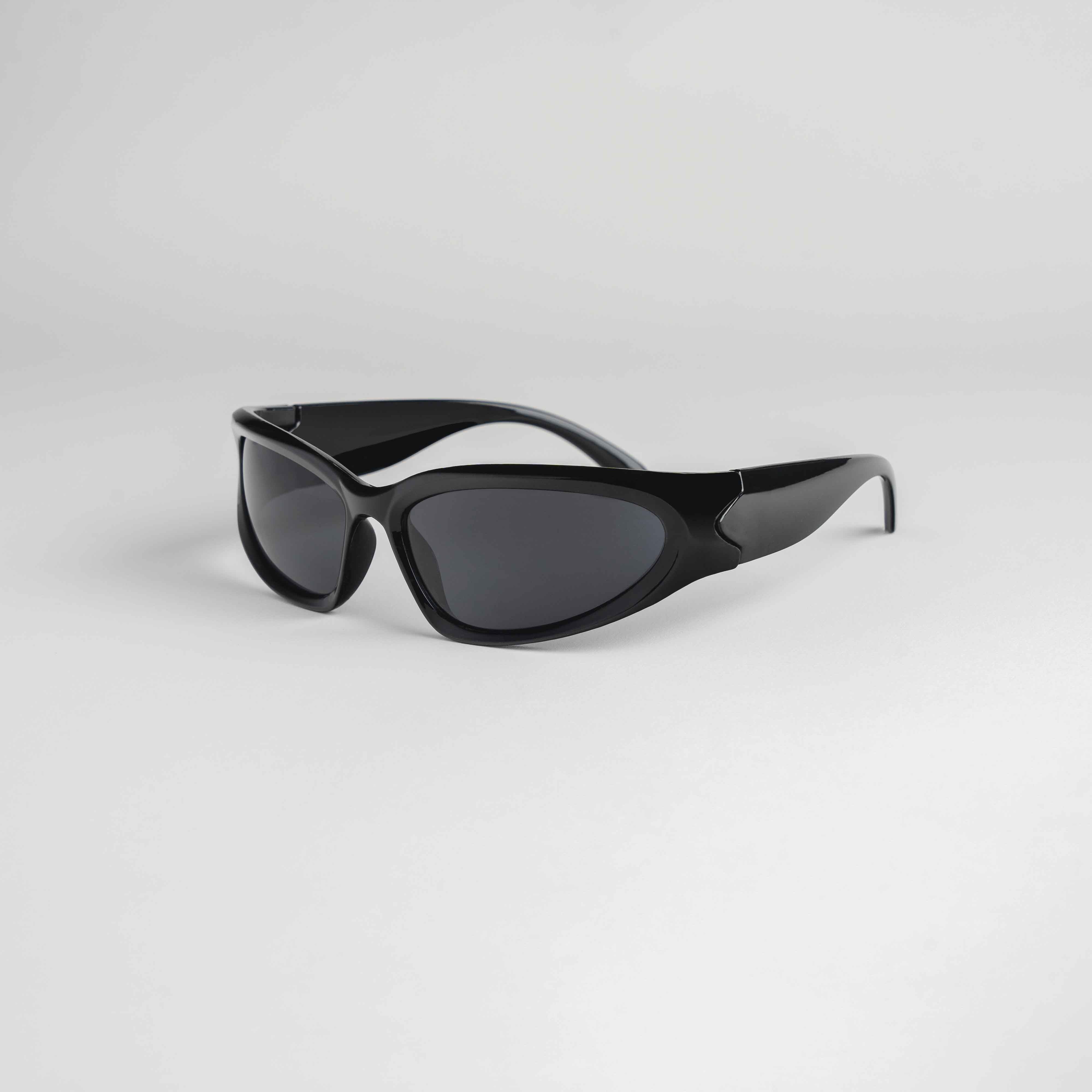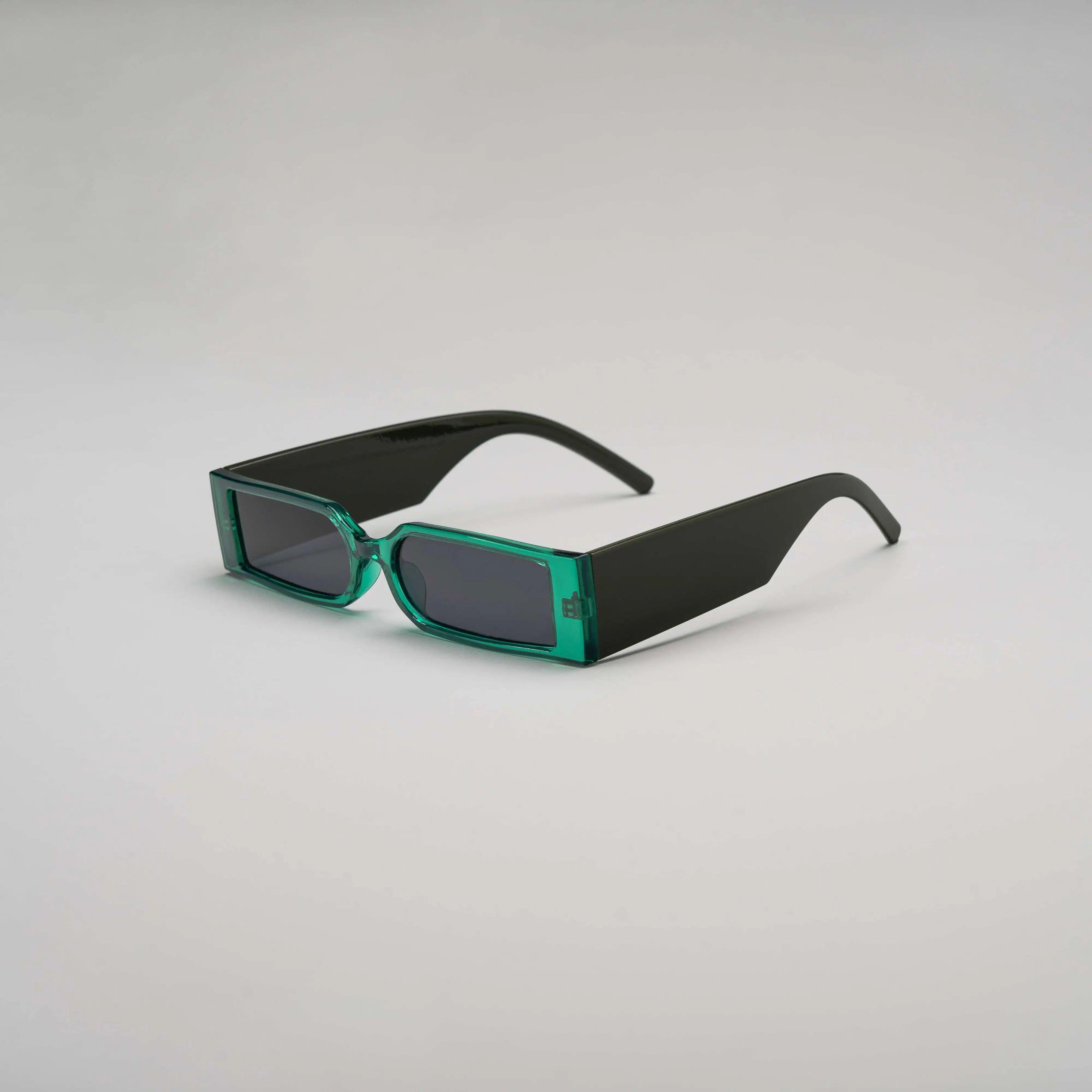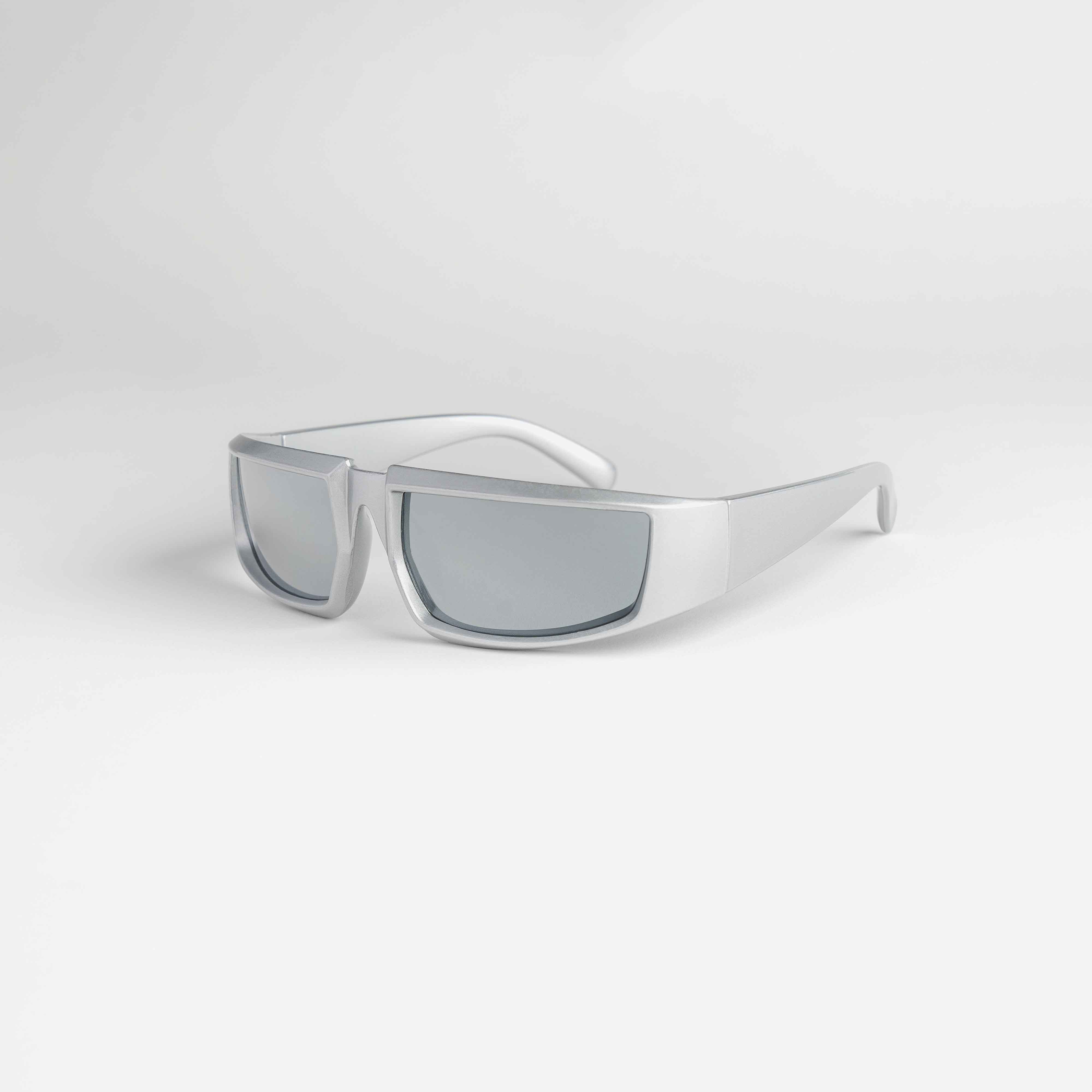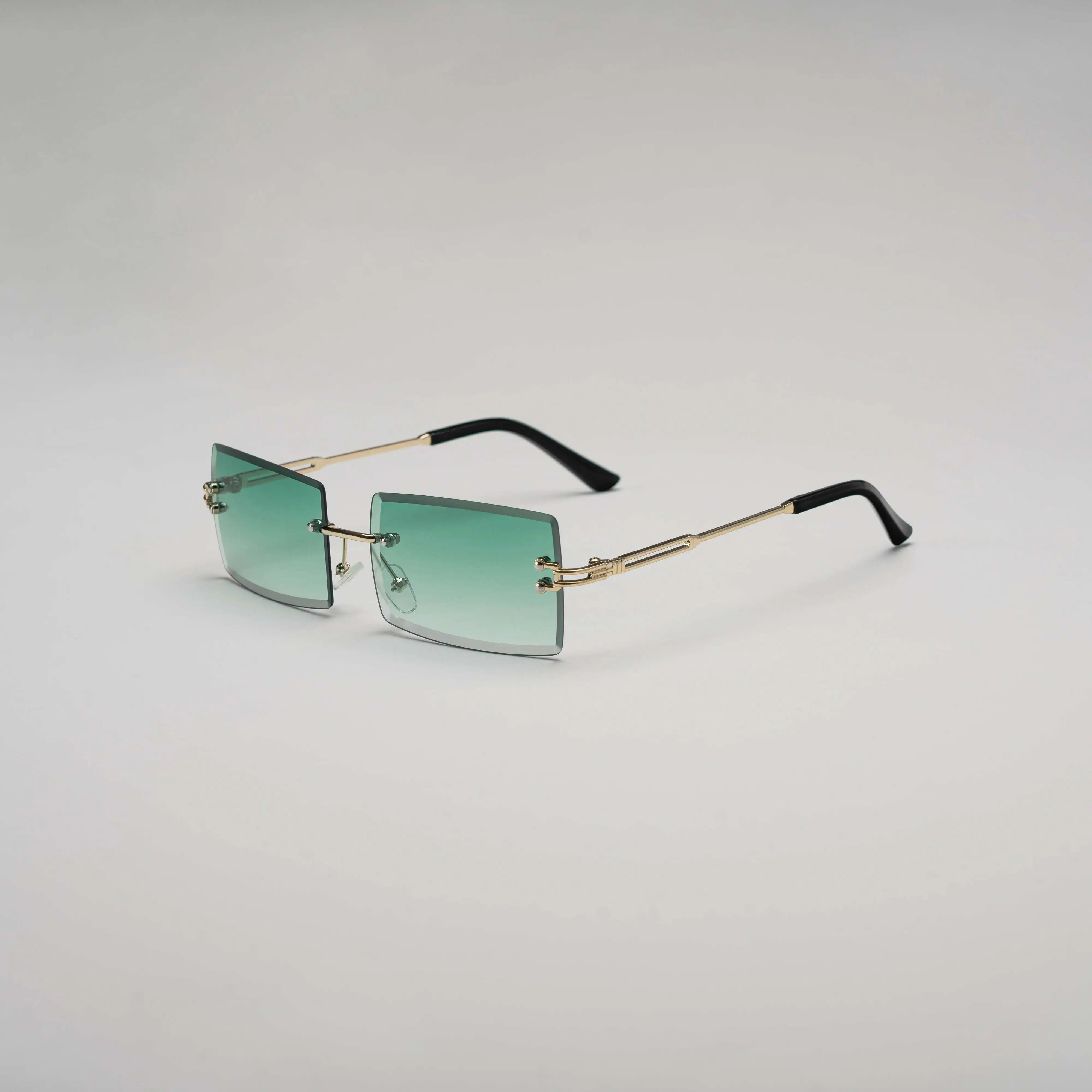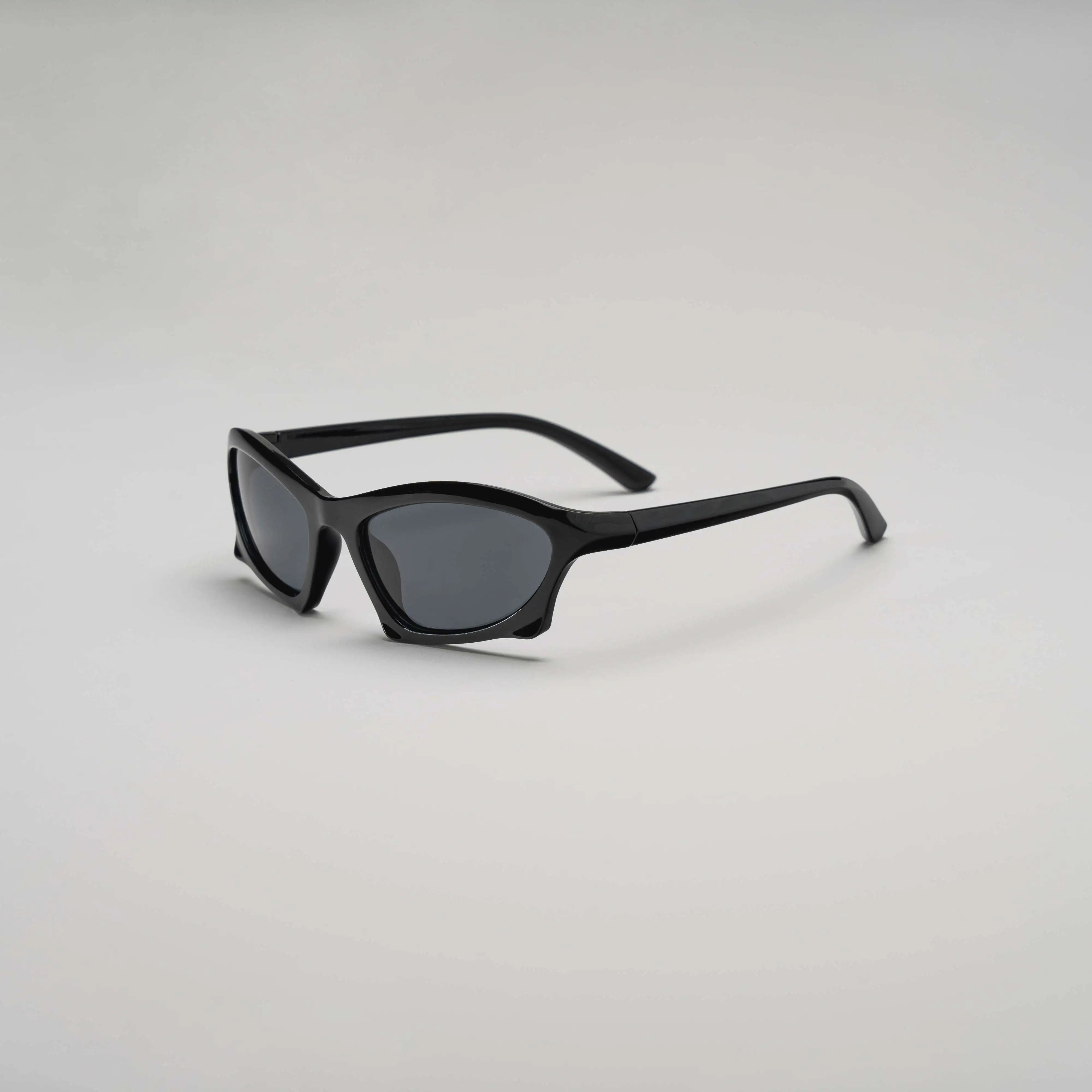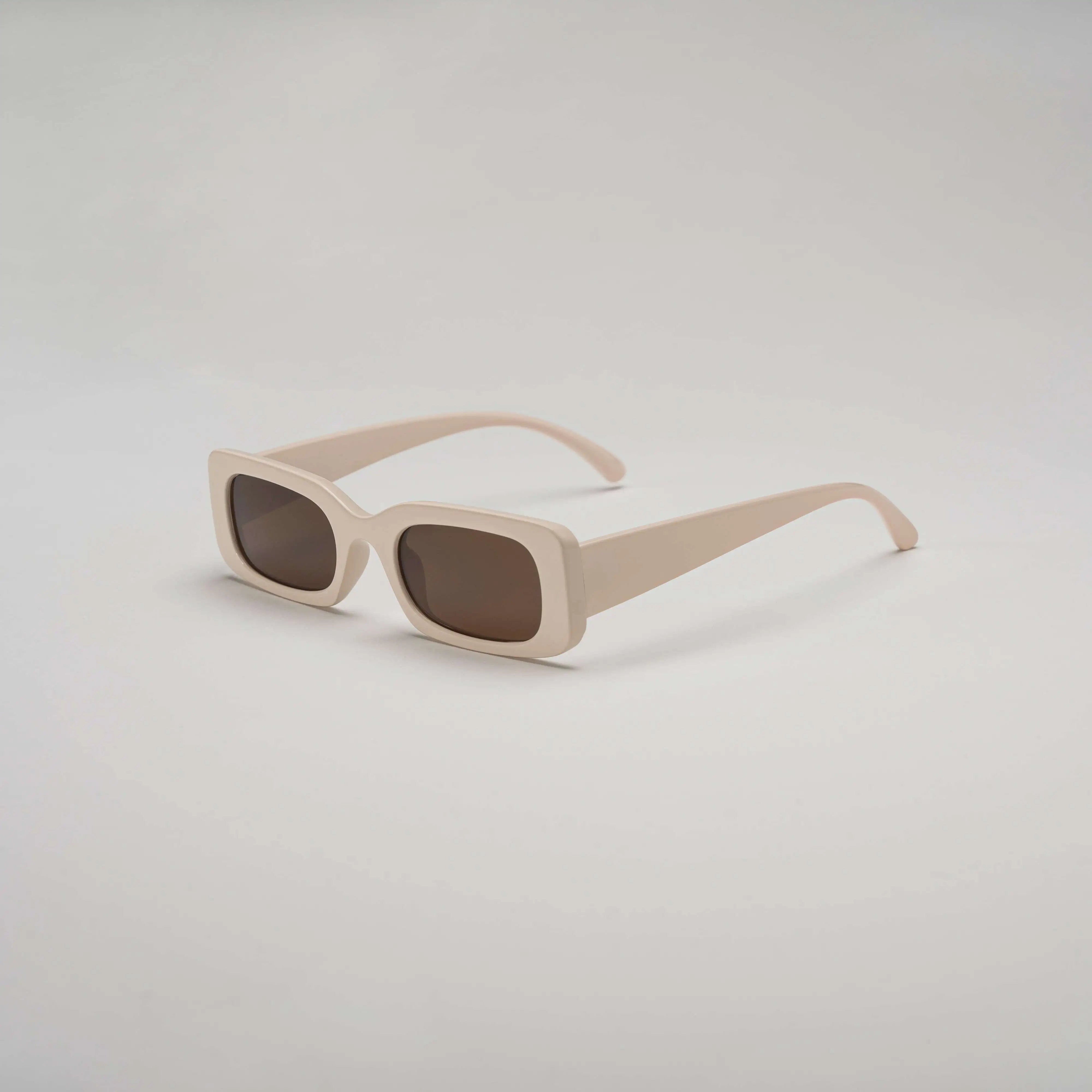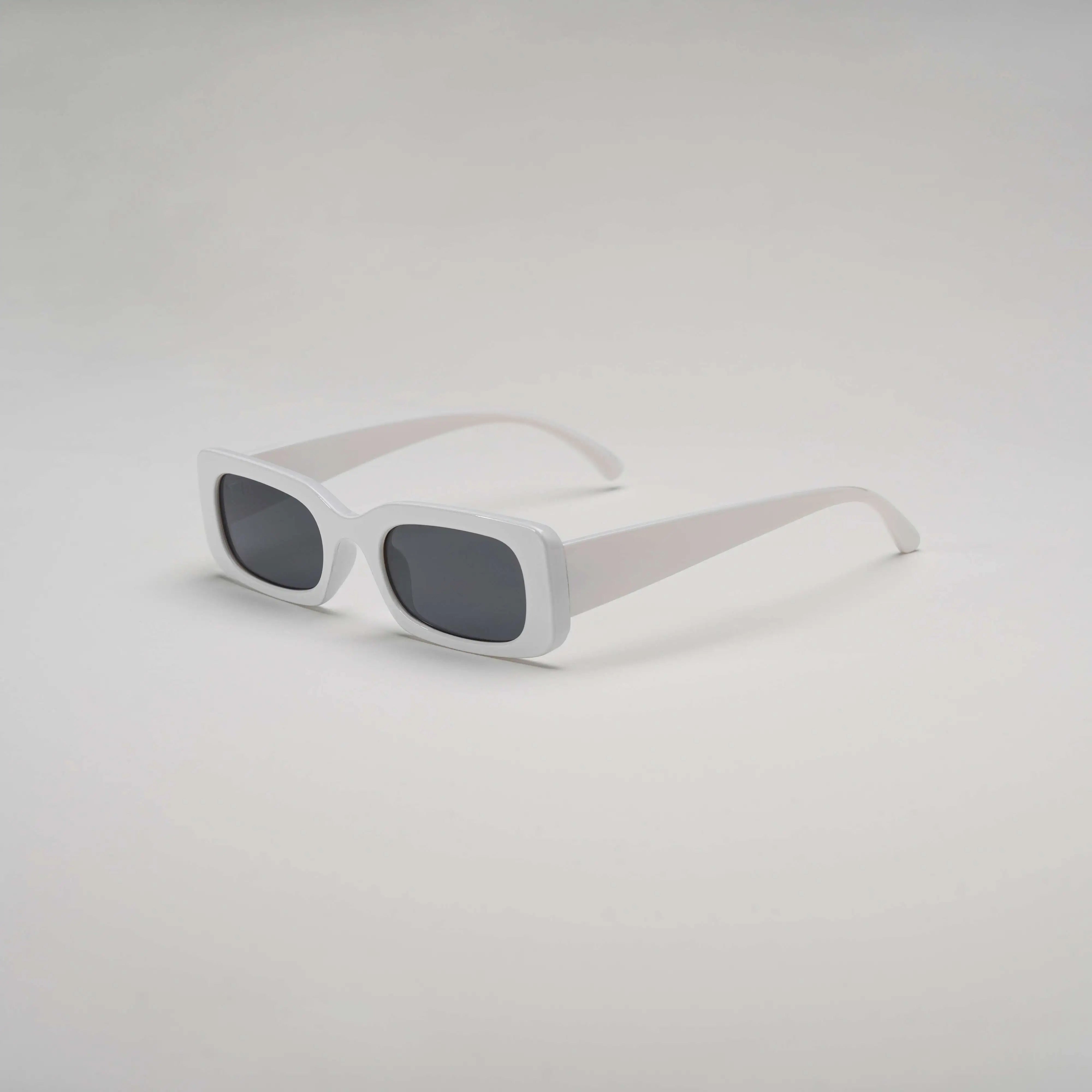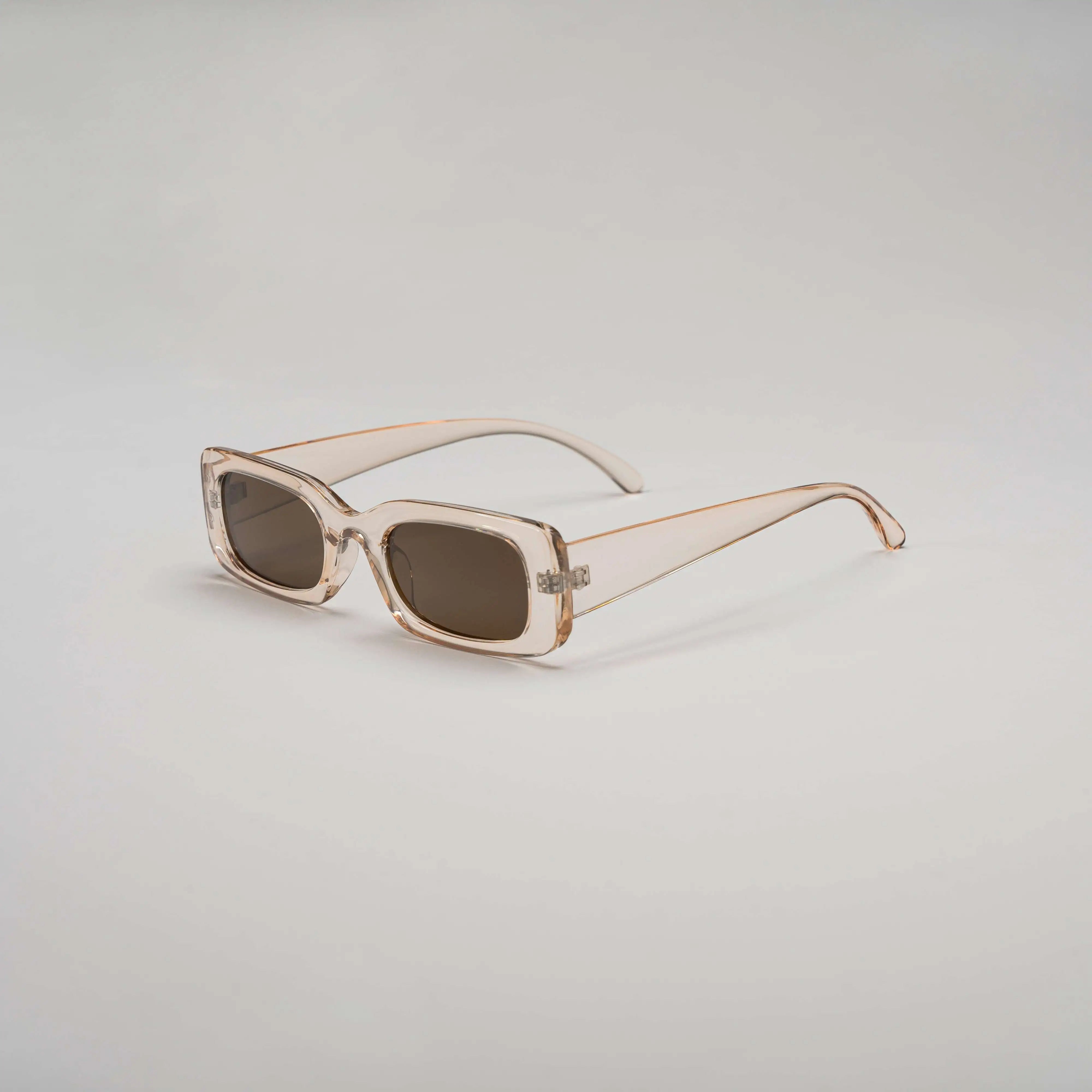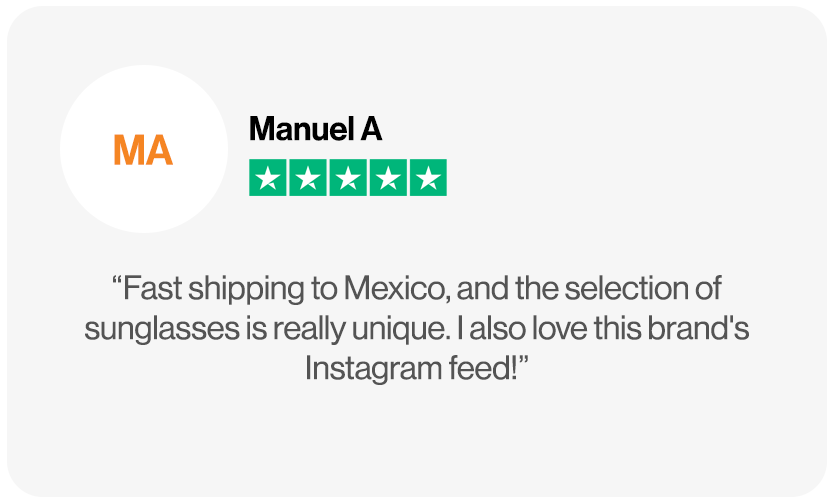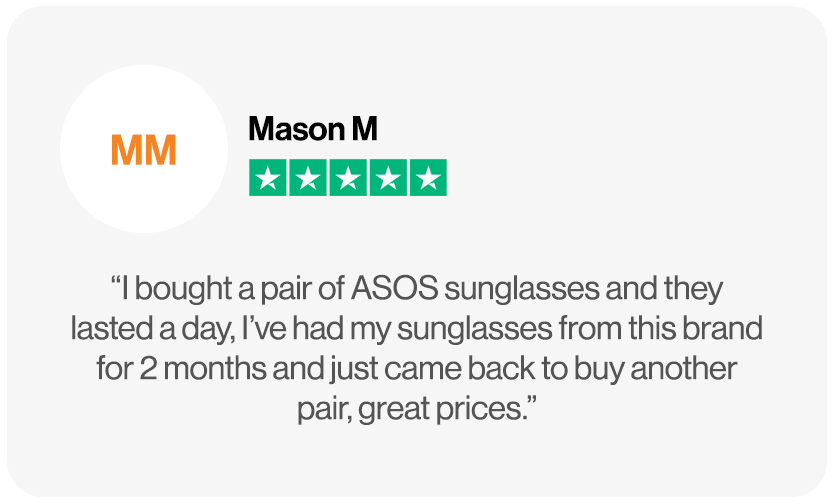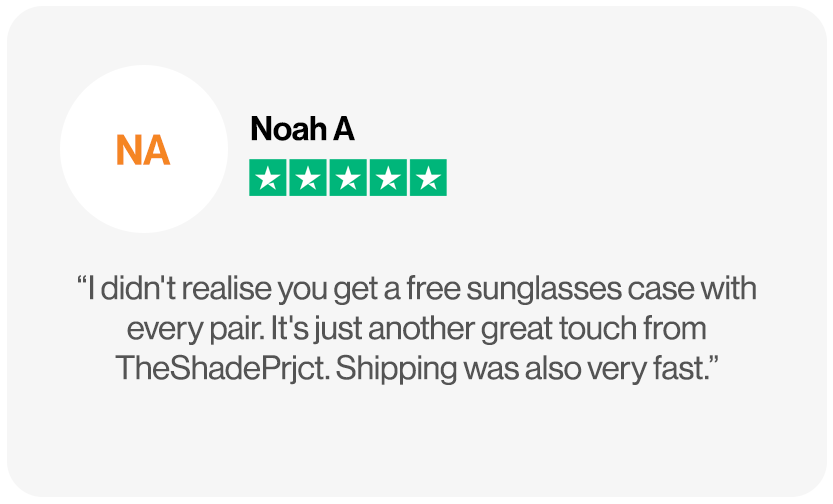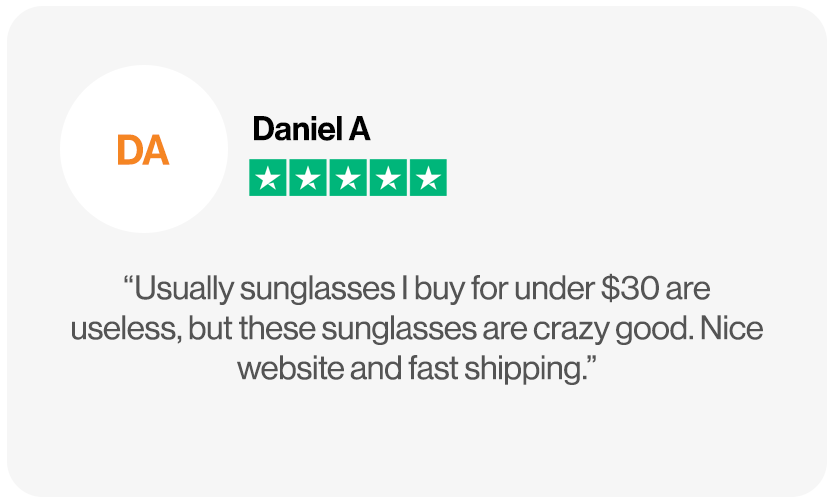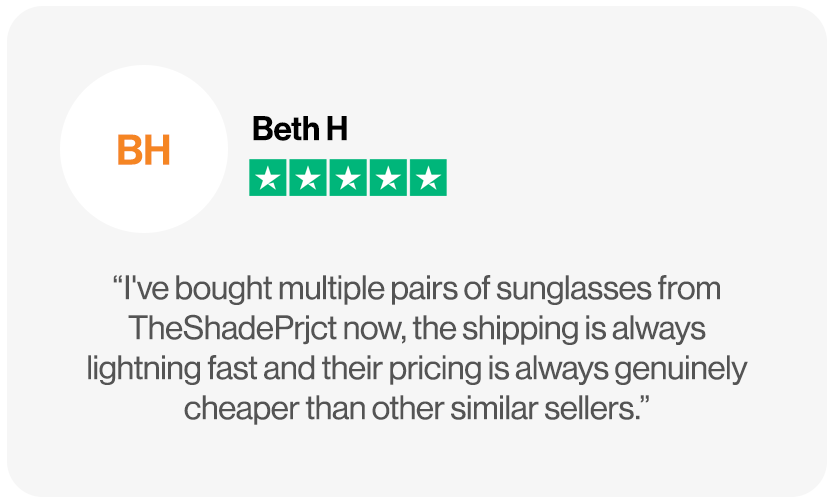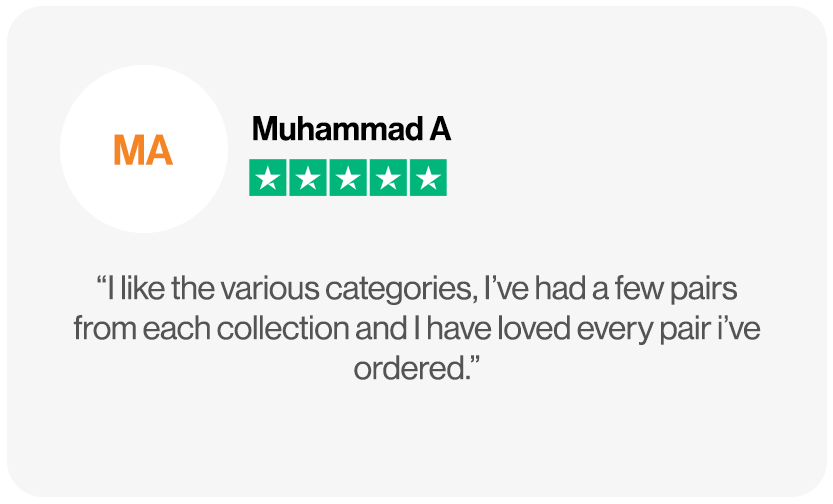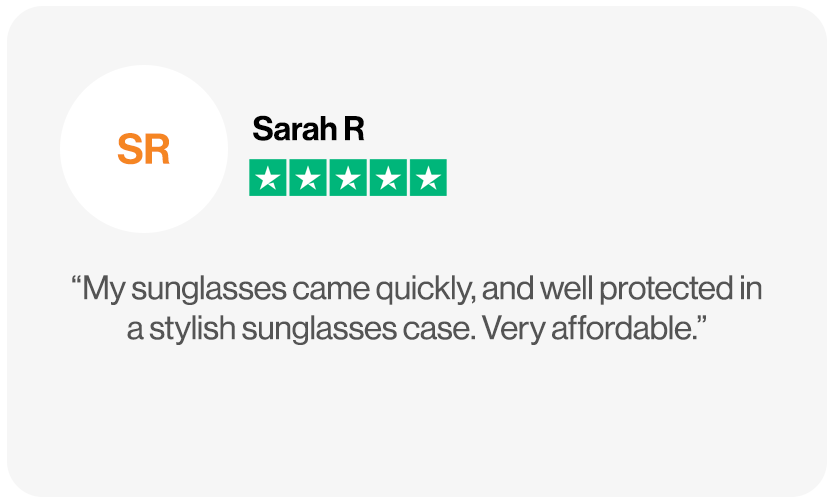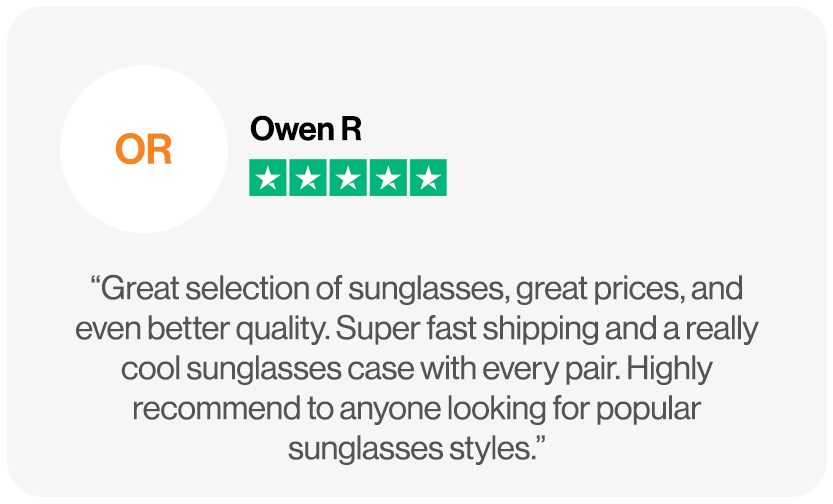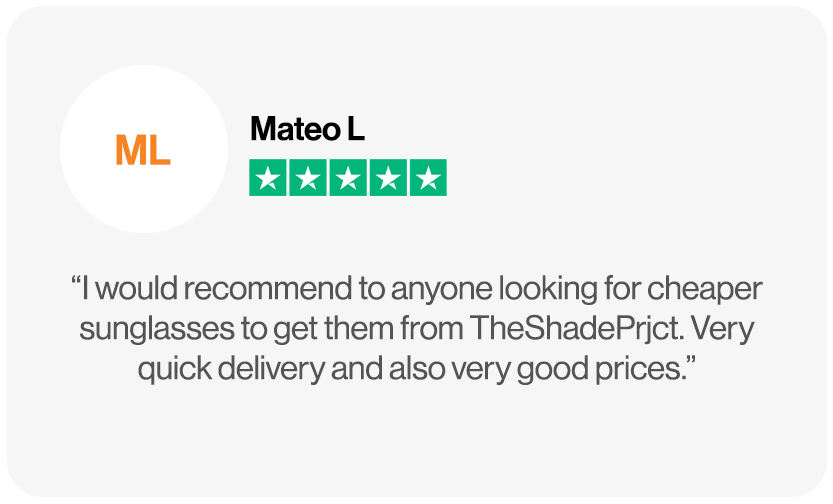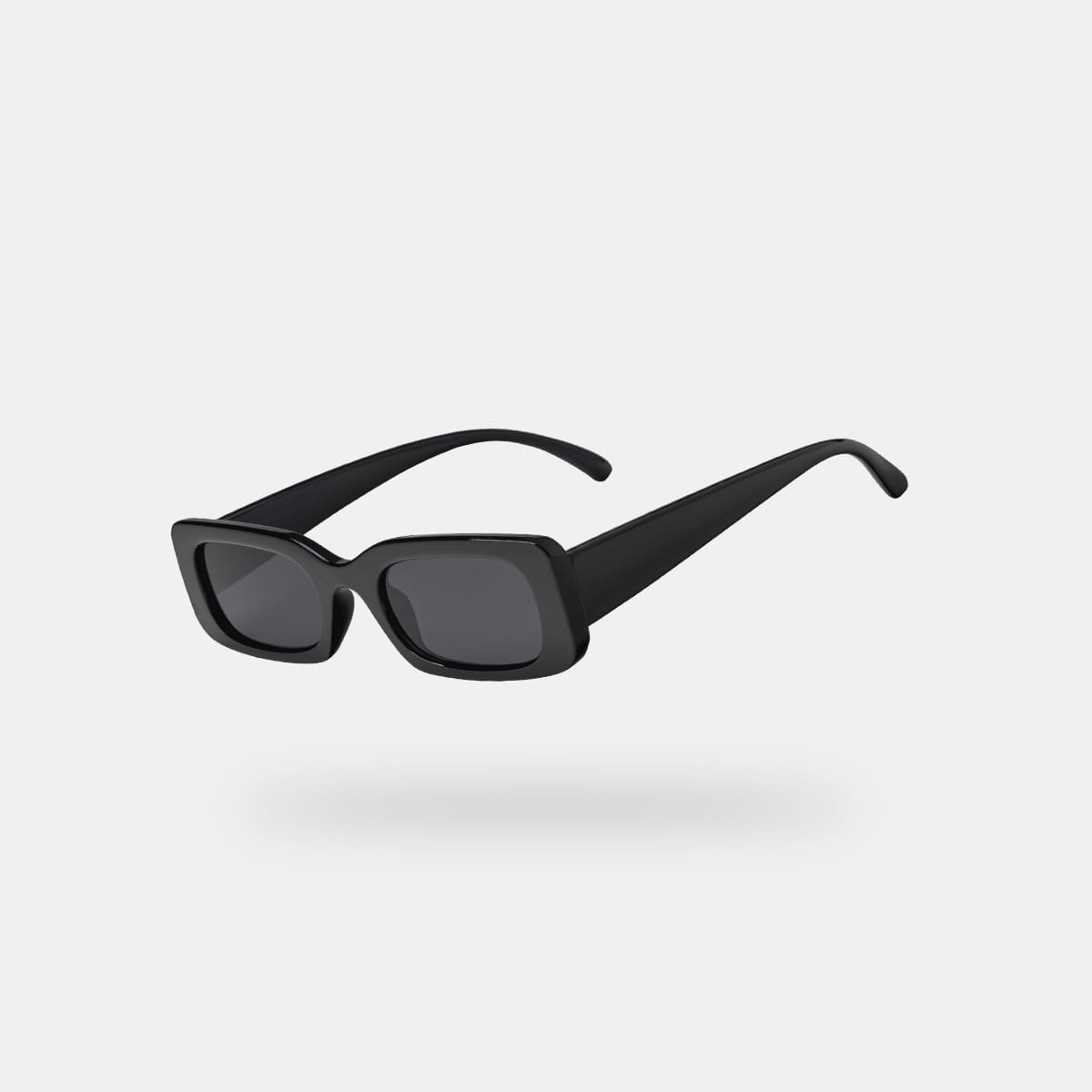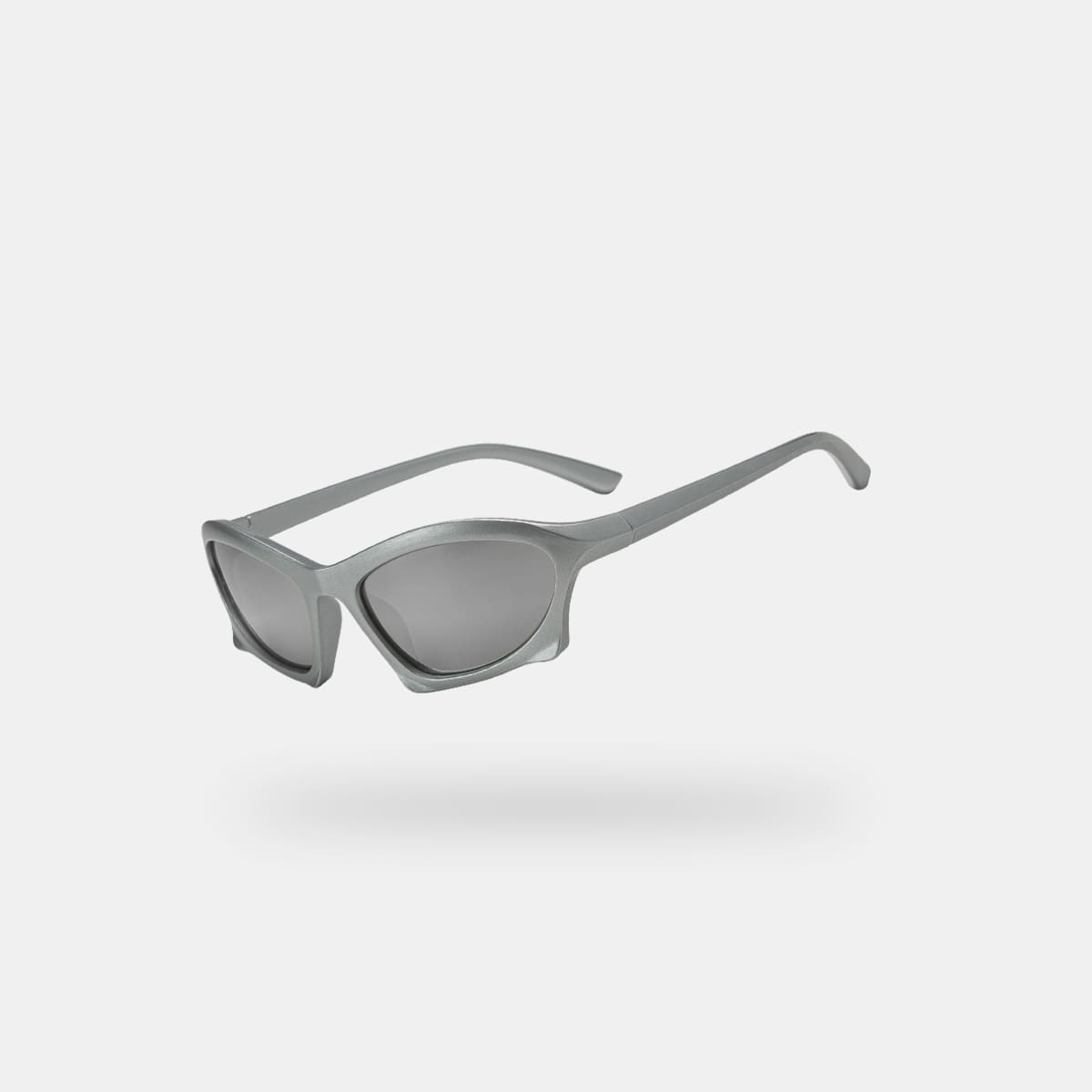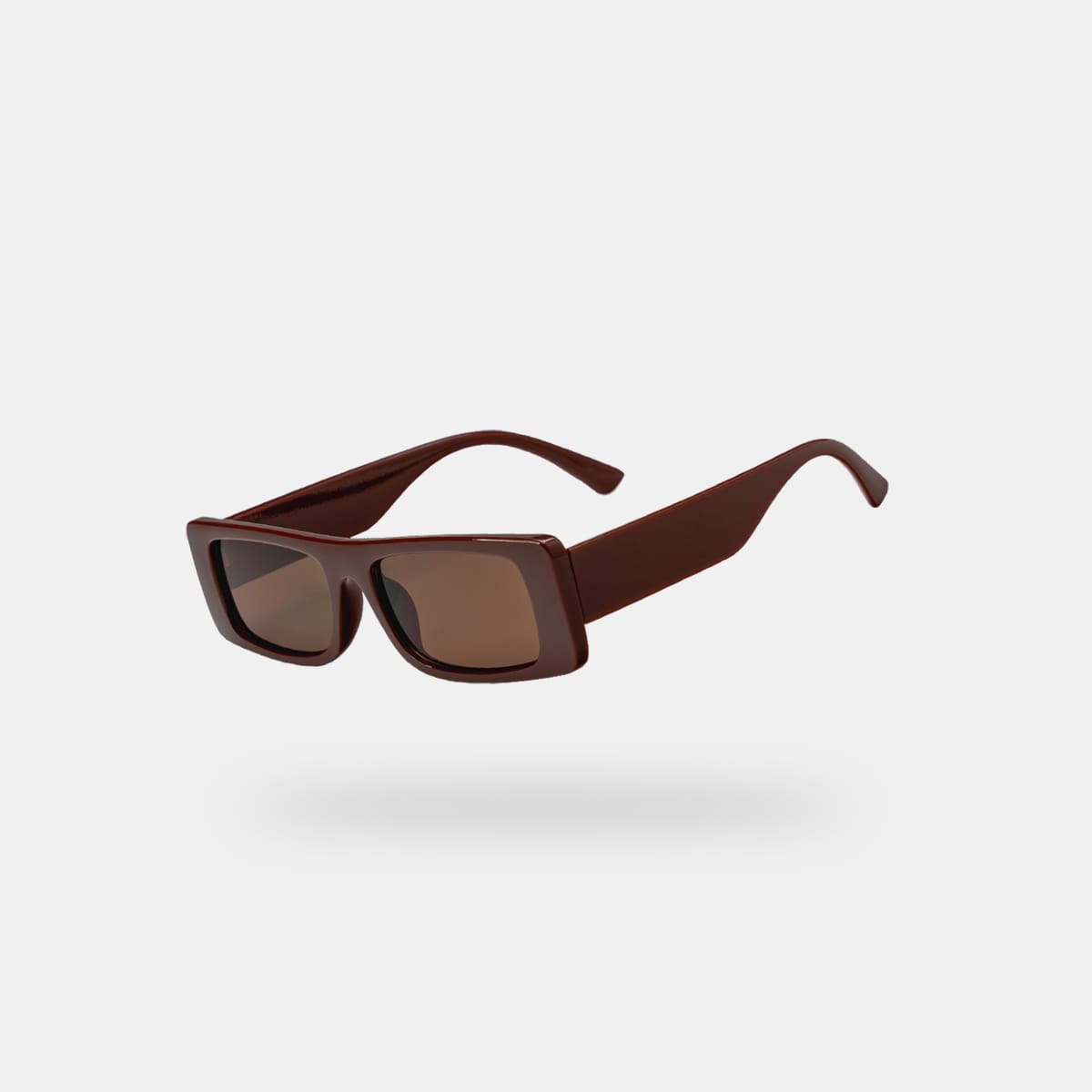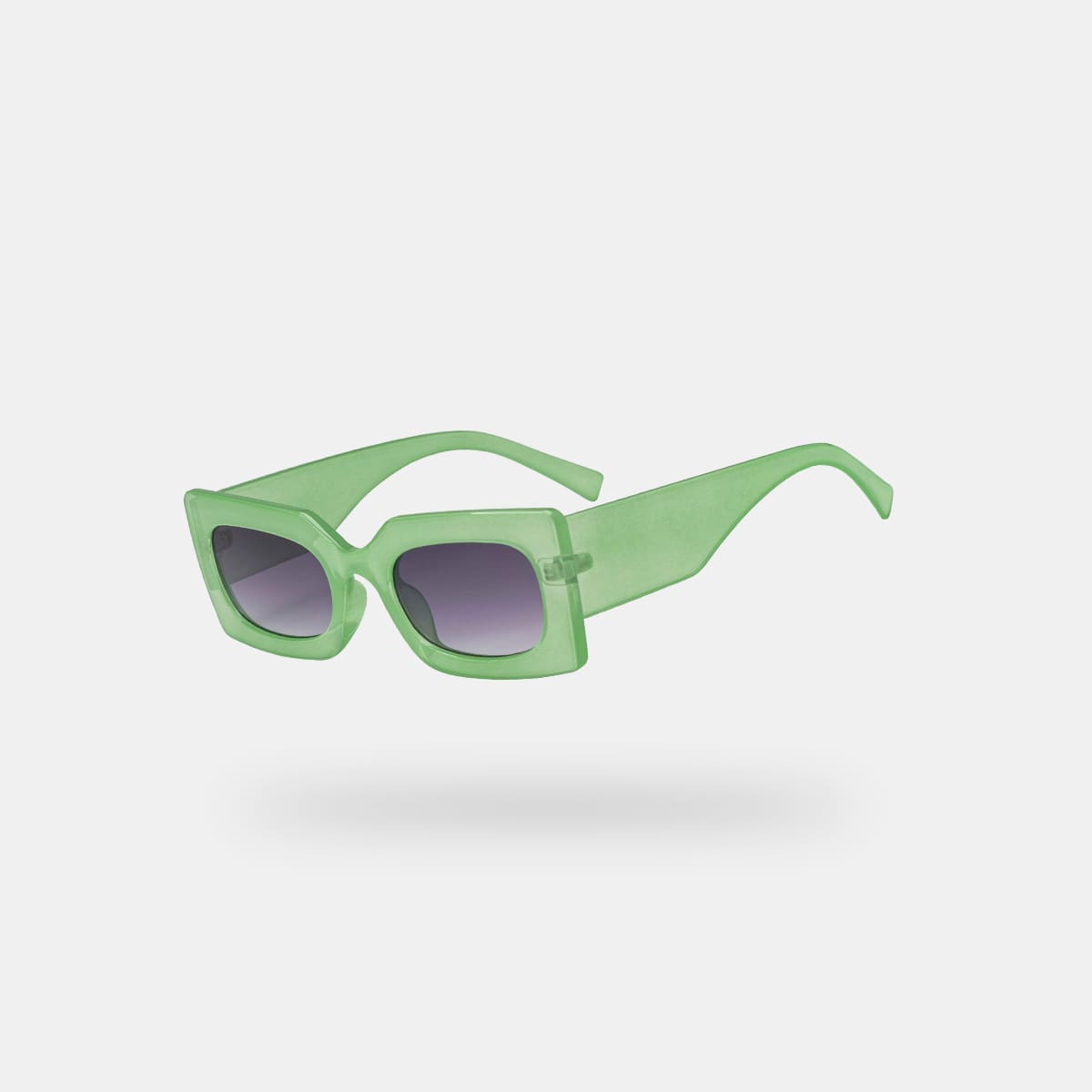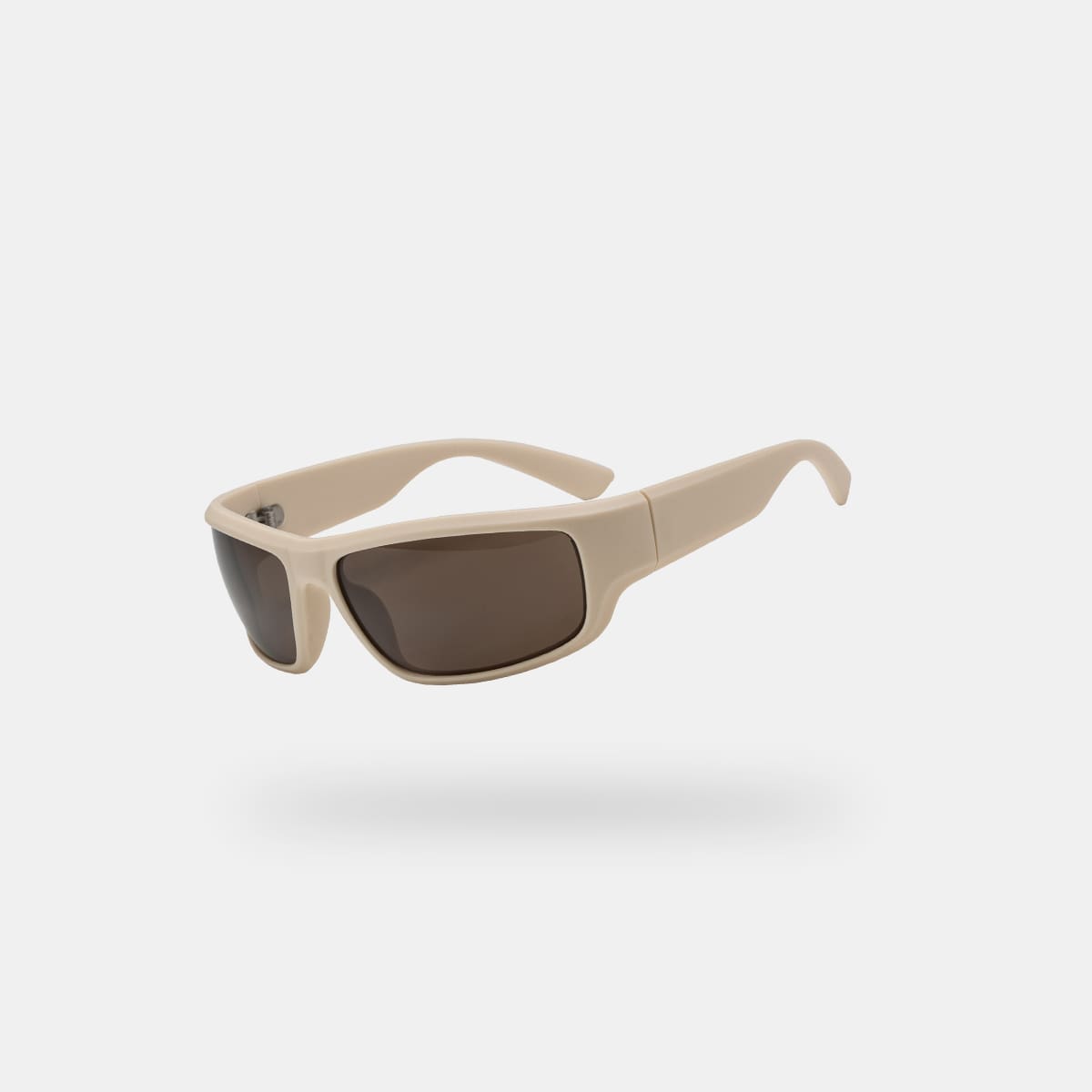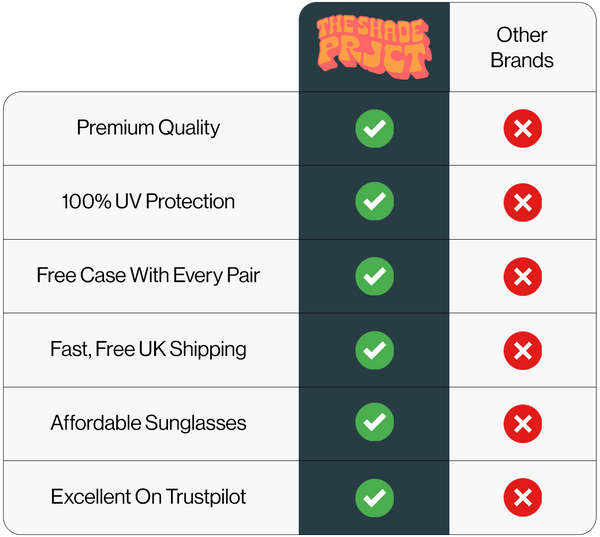Introduction
Sunglasses are not just a fashionable accessory; they also serve a crucial purpose in protecting our eyes from harmful ultraviolet (UV) radiation. Understanding UV protection in sunglasses is essential for maintaining healthy vision and preventing potential eye damage. In this article, we will explore the concept of UV protection, its importance, how it works, different types, standards, key features of UV-protective sunglasses, and tips for choosing and caring for them.
What is UV Radiation?
Before delving into UV protection in sunglasses, let's first understand what UV radiation is. UV radiation is a form of electromagnetic radiation emitted by the sun. It consists of three types: UVA, UVB, and UVC. UVC is mostly absorbed by the Earth's atmosphere and does not pose a significant threat. However, UVA and UVB rays can have damaging effects on our skin and eyes.
The Importance of UV Protection in Sunglasses
UV protection in sunglasses is crucial because prolonged exposure to UV rays can lead to various eye conditions and diseases. These include cataracts, macular degeneration, pterygium, and photokeratitis (sunburn of the cornea). By wearing sunglasses with adequate UV protection, you can significantly reduce the risk of developing these conditions and maintain good eye health.
How UV Protection Works
UV-protective sunglasses are designed to block or filter out harmful UV rays. They have lenses that are treated with special coatings or made from materials that naturally block UV radiation. These lenses prevent UV rays from reaching your eyes, effectively shielding them from potential damage.
Types of UV Protection
There are two main types of UV protection in sunglasses: UV 400 and polarised lenses. UV 400 lenses block wavelengths up to 400 nanometers, which covers both UVA and UVB rays. Polarised lenses not only provide UV protection but also reduce glare and improve visual clarity.
UV Protection Standards
To ensure the quality and effectiveness of UV protection in sunglasses, various standards and certifications exist. Look for sunglasses that comply with international standards such as ANSI (American National Standards Institute) and UV400 protection. These standards guarantee that the sunglasses provide adequate UV protection and meet specific criteria for optical quality and safety.
Key Features of Sunglasses With UV Protection
When choosing sunglasses with UV protection, there are several key features to consider. Look for sunglasses that offer 100% UV protection, wraparound frames to minimise peripheral exposure, and larger lens sizes for better coverage. Additionally, opt for lenses with scratch-resistant coatings and high-quality materials that provide clear and distortion-free vision.
Benefits of Wearing Sunglasses With UV Protection
Wearing UV-protective sunglasses goes beyond fashion and style. Some benefits include reducing the risk of eye conditions, preventing sunburned eyes, decreasing the likelihood of developing cataracts, and protecting the delicate skin around the eyes from sun damage. UV-protective sunglasses also enhance visual comfort and clarity in bright outdoor environments.
How to Choose Sunglasses with UV Protection
To choose sunglasses with effective UV protection, follow these guidelines:
- Look for the "100% UV protection" label or UV400 rating.
- Ensure the sunglasses fit properly and provide adequate coverage.
- Consider polarised lenses for additional glare reduction.
- Check for the ANSI or other relevant certifications.
- Consult with an eye care professional for personalised advice.
Common Misconceptions about UV Protection
There are a few misconceptions about UV protection in sunglasses that need clarification. One common misconception is that darker lenses offer better UV protection. The level of UV protection depends on the lens material and coatings, not the lens colour. Another misconception is that UV protection is only necessary on sunny days. UV rays can penetrate clouds and still pose a risk to your eyes, even on overcast days.
Caring for Sunglasses With UV Protection
Proper care is essential to maintain the effectiveness of UV-protective sunglasses. Here are some tips for caring for your sunglasses:
- Clean them regularly with a microfibre cloth to remove smudges and debris.
- Avoid using harsh chemicals or abrasive materials for cleaning.
- Store them in a protective case when not in use to prevent scratches.
- Avoid leaving them in hot environments, such as inside a car.
- Get regular eye exams to ensure optimal eye health.
Conclusion
UV protection is a critical aspect of sunglasses that should not be overlooked. By understanding the importance of UV protection, selecting sunglasses with the right features, and properly caring for them, you can safeguard your eyes from the harmful effects of UV radiation. Remember to prioritise UV protection when choosing sunglasses and make them an integral part of your daily routine for eye care.
Frequently Asked Questions
1. Are sunglasses with UV protection expensive?
UV protection is now a standard practice in the industry, and affordable options are widely available. At TheShadePrjct we offer great quality sunglasses with UV protection at a fraction of the cost of most brands. Our range of all-season eyewear provides the same levels of quality and protection as premium brands, without breaking the bank. Find your perfect pair today!
2. How do i know if sunglasses have proper UV protection?
Look for sunglasses labeled with "UV400" or "100% UV protection." These indicate that the lenses block both UVA and UVB rays, offering full protection for your eyes. At TheShadePrjct we ensure all our sunglasses meet these standards, that's why our range of sunglasses offer 100% UV Protection as standard.
3. Can children wear sunglasses with UV protection?
Absolutely! Children's eyes are particularly susceptible to UV damage. It's essential to provide them with properly fitted sunglasses that offer UV protection. Our range includes sunglasses suitable for kids, ensuring their eyes stay safe in style.
4. Can sunglasses with UV protection prevent eye conditions?
UV protection sunglasses play a significant role in reducing the risk of various eye conditions, including cataracts, macular degeneration, and photokeratitis. By shielding your eyes from harmful UV rays, you can help maintain good eye health in the long run.
5. Can sunglasses block blue light?
Yes, sunglasses with UV protection can filter out most of the blue-violet light, also known as HEV rays. Adding a UV coating to your eyeglasses may suffice to filter out the blue light emitted from LED screens, providing additional protection against its potential effects on eye health.
6. Can sunglasses prevent cataracts?
Prolonged exposure to UV radiation is a risk factor for developing cataracts. Wearing sunglasses with proper UV protection helps minimise your exposure to UV rays, reducing the risk of cataract formation. By wearing sunglasses consistently, you are taking a proactive step in protecting your eyes from UV-related eye conditions.
7. Do polarised sunglasses offer UV protection?
Yes, polarised sunglasses can offer UV protection. However, it's important to note that polarisation refers to the reduction of glare caused by reflected light, while UV protection refers to blocking harmful UV rays. To ensure comprehensive eye protection, look for sunglasses that are both polarised and offer UV400 or 100% UV protection.
8. Should you wear sunglasses on cloudy days?
Yes, it's crucial to wear sunglasses with UV protection even on cloudy days. Clouds may provide some level of filtration, but UV rays can still penetrate through them and reach your eyes. By wearing sunglasses consistently, regardless of the weather conditions, you can maintain optimal eye health and reduce the risk of UV-related eye conditions.
9. Can sunglasses prevent wrinkles around the eyes?
While sunglasses primarily offer UV protection for the eyes, they can indirectly help prevent wrinkles around the eyes. UV radiation is a known contributor to premature aging and skin damage, including the formation of wrinkles. By wearing sunglasses that provide adequate coverage, you can shield the delicate skin around your eyes from UV rays and potentially reduce the development of wrinkles.
10. What are UV protection sunglasses?
UV protection sunglasses are specially designed eyewear that helps shield your eyes from harmful ultraviolet (UV) rays. These sunglasses have lenses that block or filter out a significant amount of UV radiation, which can otherwise cause damage to your eyes and surrounding skin.
11. How do sunglasses protect against UV rays?
Sunglasses with UV protection work by incorporating specific materials or coatings in their lenses that block or absorb UV radiation. These lenses are designed to filter out both UVA and UVB rays, providing a barrier between your eyes and the harmful effects of UV radiation.
12. Can sunglasses block 100% of UV rays?
Yes, some sunglasses are capable of blocking 100% of UV rays. Look for sunglasses labeled as "100% UV protection" or "UV400" to ensure that they provide the highest level of protection against both UVA and UVB rays. These sunglasses offer optimal defence for your eyes and the delicate skin around them.
13. Do all sunglasses have UV protection?
No, not all sunglasses offer UV protection. It's important to choose sunglasses that explicitly mention UV protection or UV blocking capabilities. Be cautious of cheap or counterfeit sunglasses that may lack proper UV filters, as they can be harmful to your eyes despite providing shade.
14. What is the importance of UV protection in sunglasses?
UV protection in sunglasses is crucial because prolonged exposure to UV radiation can lead to various eye problems. UV rays can cause cataracts, macular degeneration, pterygium, and even sunburn of the cornea. By wearing sunglasses with proper UV protection, you can significantly reduce the risk of these eye conditions and maintain your long-term eye health.
15. How to choose sunglasses with proper UV protection?
When selecting sunglasses with adequate UV protection, look for labels or tags indicating 100% UV protection or UV400. Additionally, consider purchasing sunglasses from reputable brands or optical stores. Opting for sunglasses that cover a larger area around the eyes can provide additional protection from peripheral UV exposure.
16. Can wearing sunglasses without UV protection harm your eyes?
Wearing sunglasses without UV protection can be harmful to your eyes in the long run. Without proper UV filters, sunglasses can darken your vision, causing your pupils to dilate and allowing more harmful UV rays to enter your eyes. Prolonged exposure to UV radiation without protection increases the risk of eye damage and related conditions.
17. What are the risks of not wearing UV protection sunglasses?
Not wearing UV protection sunglasses exposes your eyes to harmful UV radiation, which can lead to various eye problems. These risks include an increased chance of developing cataracts, macular degeneration, pterygium (growth on the eye's surface), and photokeratitis (corneal sunburn). Protecting your eyes with UV-blocking sunglasses is essential to minimise these risks.
18. What is the difference between UV protection and polarisation?
UV protection refers to a lens coating or treatment that blocks harmful ultraviolet rays emitted by the sun, protecting your eyes from potential damage. Polarisation, on the other hand, reduces glare caused by light reflected off flat surfaces, improving visual comfort and clarity in bright environments.
Discover Our Sunglasses Collections


